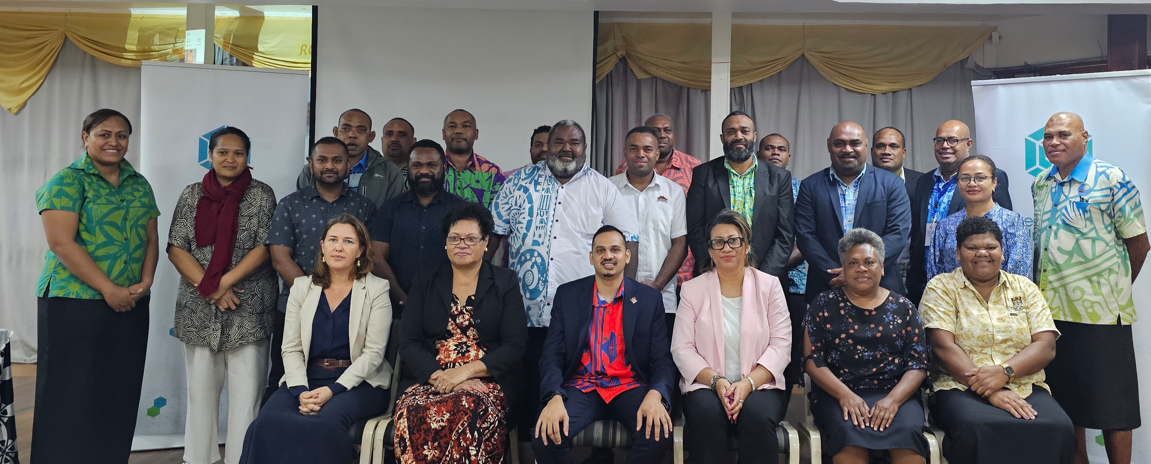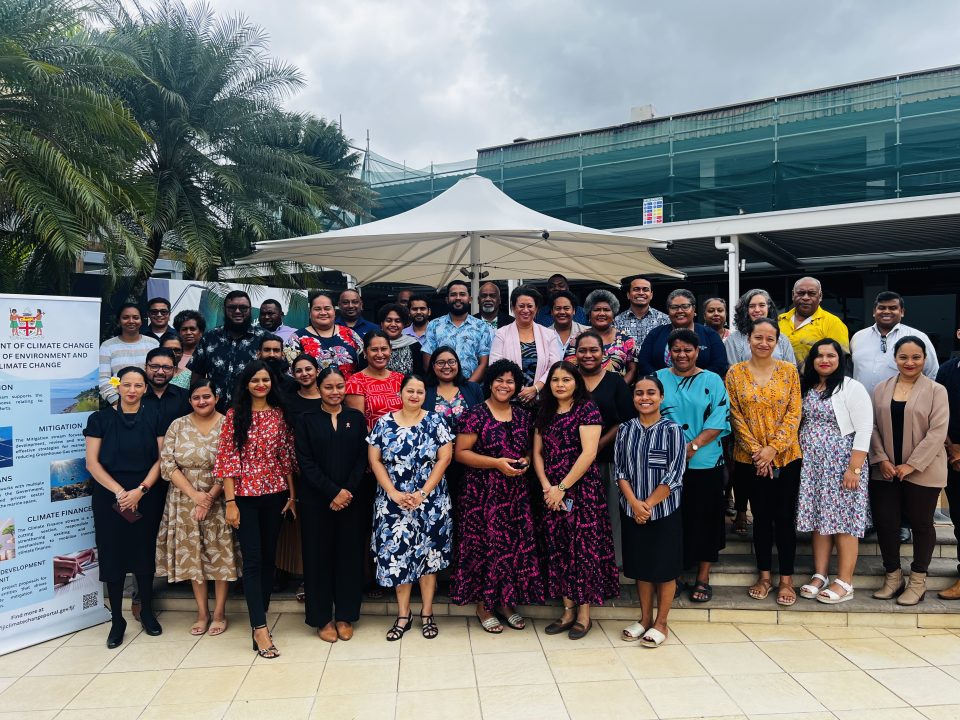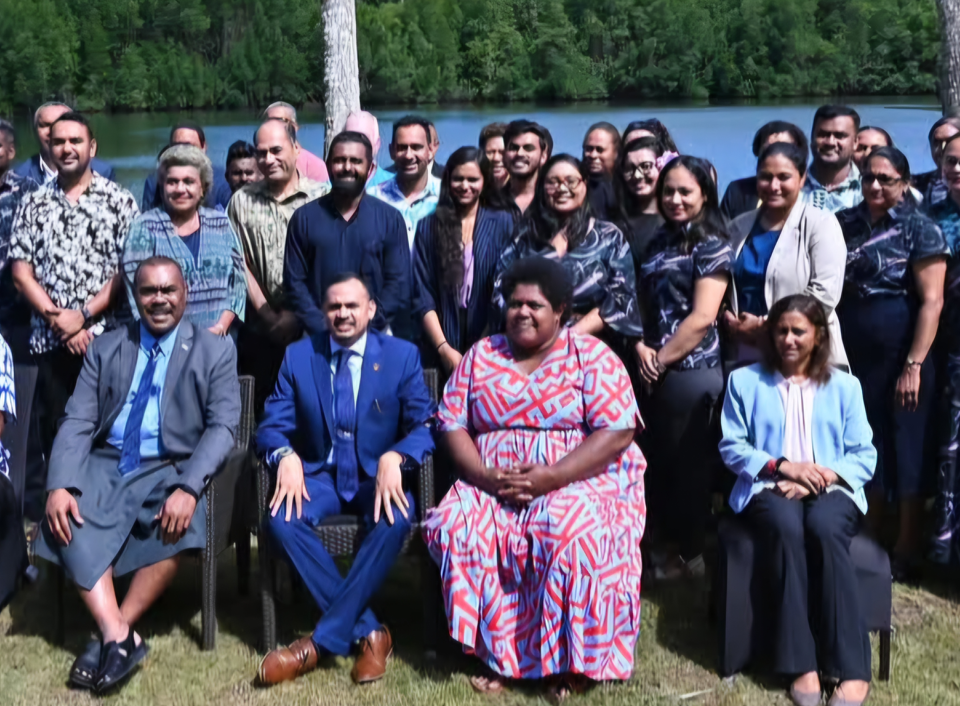
The Agricultural Production Survey Workshop under the Fiji’s Initiative for Climate Action Transparency (ICAT) Phase II
08/07/2024
Fiji’s Capacity Building Initiative for Transparency (CBIT) Third Project Steering Committee (PSC) Meeting
09/08/2024Local action is key to resilience building. This message was highlighted during the Building Resilient Communities: Integrating Adaptation Strategies into Local Planning in Fiji workshop held on 26 July. Organized by the Ministry of Environment and Climate Change (MECC) in partnership with the Global Green Growth Institute (GGGI), the workshop brought together divisional officers, provincial administrators, and technical teams from across Fiji.
As an important step forward in Fiji’s resilience building efforts, the workshop aimed to enhance local capacity and collaboration for effective climate change adaptation.
Permanent Secretary for Environment and Climate Change, Dr. Sivendra Michael, opened the workshop, emphasizing alignment of the workshop’s focus with the Coalition Government’s commitment to ensuring that public infrastructure and planning at all levels – national, sub-national, sectoral, and community – incorporate the necessary climate, disaster, and social risk considerations.
Dr. Michael highlighted Part 11 of the Climate Change Act 2021, underscoring its clear intent to address these challenges. He noted that Fiji faces increasing annual losses from disaster events and climate impacts, affecting lives and livelihoods, economic development, and health of the environment. He cited a World Bank assessment published in 2015 which estimated that without action Fiji could face losses exceeding $1.5 billion over the next 50 years due to climate and disaster events.
The workshop featured informative and interactive group activities, ensuring that participants had opportunities to provide actionable insights and build collaborative networks. The approaches and proposed toolkit for community adaptation actions will support strengthening community resilience and contribute to implementation of Fiji’s National Adaptation Plan (NAP).
The workshop advances implementation of the Mainstreaming Adaptation Planning at the Local Level Project. The project is envisioned to improve Fiji’s climate resilience through a focus on three key areas: enhancing coastal resilience, developing resilient infrastructure, and promoting climate-smart agriculture. By addressing these critical sectors, the initiative aims to safeguard communities against climate impacts as well as support an approach to sustainable development that fosters economic stability.






